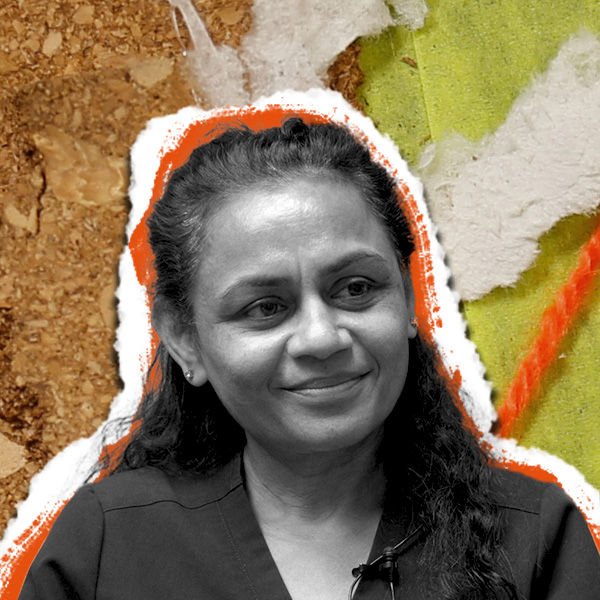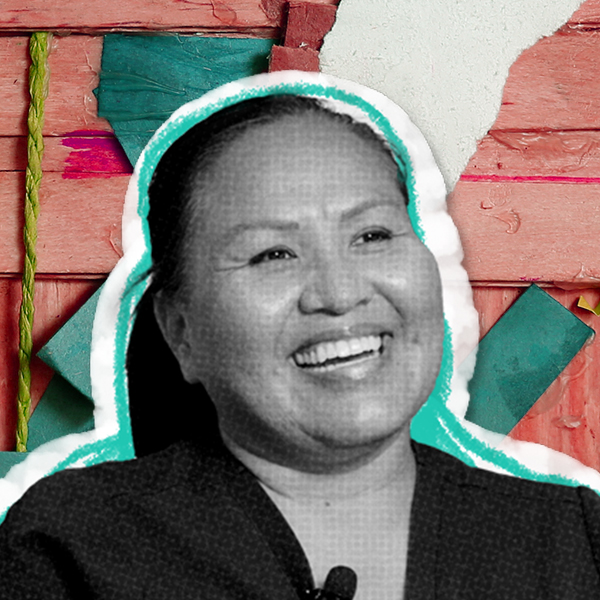On an average day, I care for a good mix of happy and not so happy children. I treat patients ages from 0-18 so the things I encounter and the challenges I face change on a day to day basis. Because pediatric patients tend to be more fragile than adult patients, my charting and prescriptions have to be much more specific, so I spend a lot of time doing that. When I am treating a patient, I focus on their whole being rather than just their symptoms.
CAREER
Pediatricians
Overview
Salary Median (2023)
$198,690
Projected Job Growth (2023-2033)
-1.6% (little or no change)
Career
What Pediatricians Do
Diagnose, treat, and help prevent diseases and injuries in children. May refer patients to specialists for further diagnosis or treatment, as needed.
Other Job Titles Pediatricians May Have
Developmental Pediatrician, Emergency Room Pediatrician (ER Pediatrician), General Pediatrician, Group Practice Pediatrician, Medical Doctor (MD), Pediatric Emergency Medicine Physician, Pediatric Physician, Physician, Primary Care Pediatrician
How Leaders Describe a Typical Day at Work
Pediatrician
My days are dedicated to caring for children and newborns. I split my week between two offices and a hospital, seeing patients from 9 to 5 for well-baby exams, physicals, and vaccinations. Thanks to telemedicine, I now conduct sick visits over the phone, allowing more time for in-office well visits. My afternoons often involve hospital rounds to check on newborns. My passion lies in being a voice for my young patients, ensuring timely care and advocating for their health.
Tasks & Responsibilities May Include
- Prescribe or administer treatment, therapy, medication, vaccination, and other specialized medical care to treat or prevent illness, disease, or injury in infants and children.
- Examine children regularly to assess their growth and development.
- Treat children who have minor illnesses, acute and chronic health problems, and growth and development concerns.
- Examine patients or order, perform, and interpret diagnostic tests to obtain information on medical condition and determine diagnosis.
- Advise patients, parents or guardians, and community members concerning diet, activity, hygiene, and disease prevention.
This page includes information from theO*NET 29.2 Databaseby the U.S. Department of Labor, Employment and Training Administration (USDOL/ETA). Used under theCC BY 4.0license. O*NET® is a trademark of USDOL/ETA.










